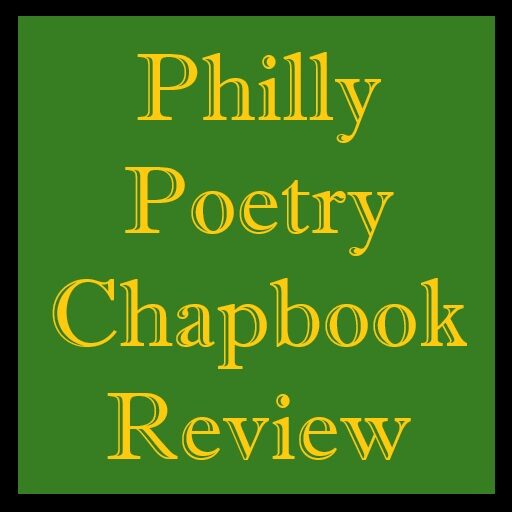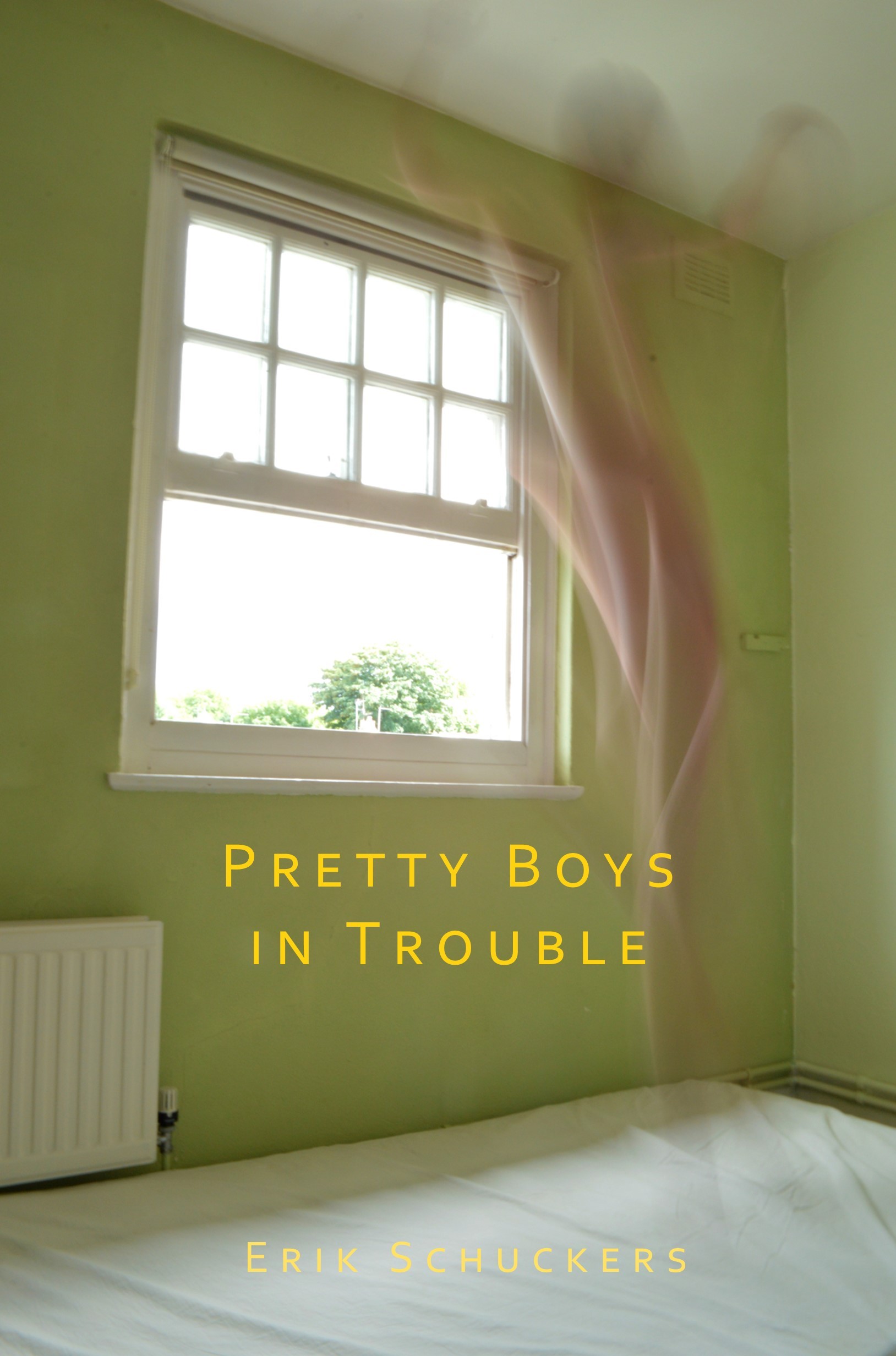Due to difficulties in obtaining information in advance of chapbook releases, chapbook listings will be published at the end of each month, beginning with Issue 3 (May/June 2024). This post contains information about poetry chapbooks that we know about published during July, 2024.
Information, including product descriptions, is provided by the publisher and not a critical judgment. If we cover the book on this site, links will be included.
Page: 1 | 2
Seven Kitchens Press
Pretty Boys in Trouble, Erik Schuckers
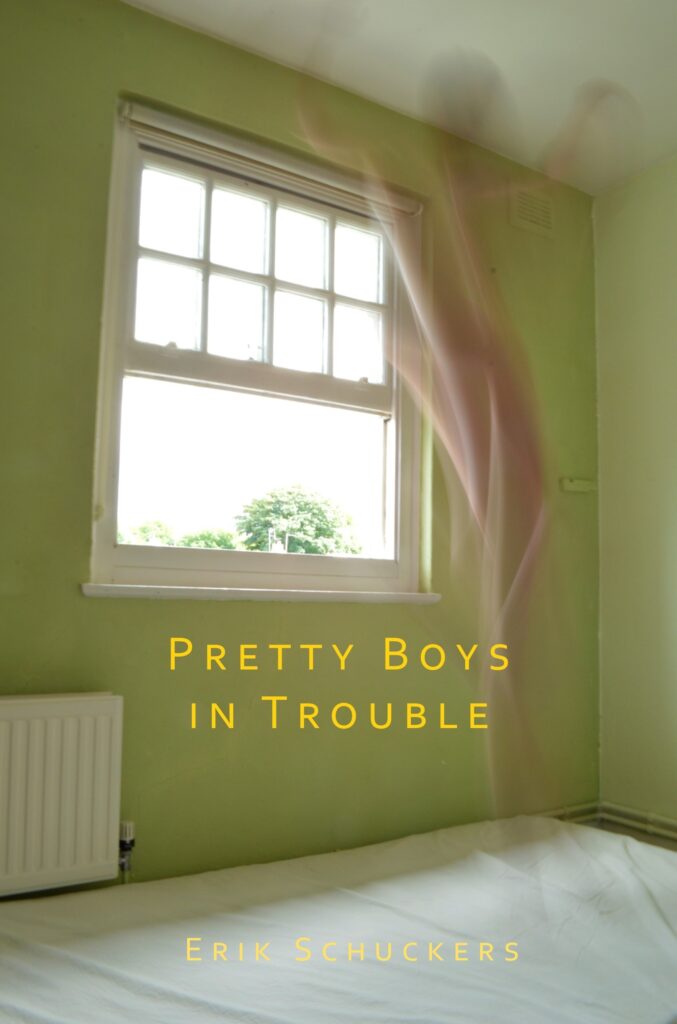
Pretty Boys in Trouble is a collection of queer urban elegies and nighttime catastrophes. In poems that are both accessible and intensely personal, it explores themes of memory, violence, and community. This chapbook was selected as the latest in the Seven Kitchens Press Keystone Chapbook series by poets Jeff Walt and Karen J. Weyant.
Small Harbor Publishing
The Mother Who Couldn’t Describe a Thing if She Could, Shareen K. Murayama
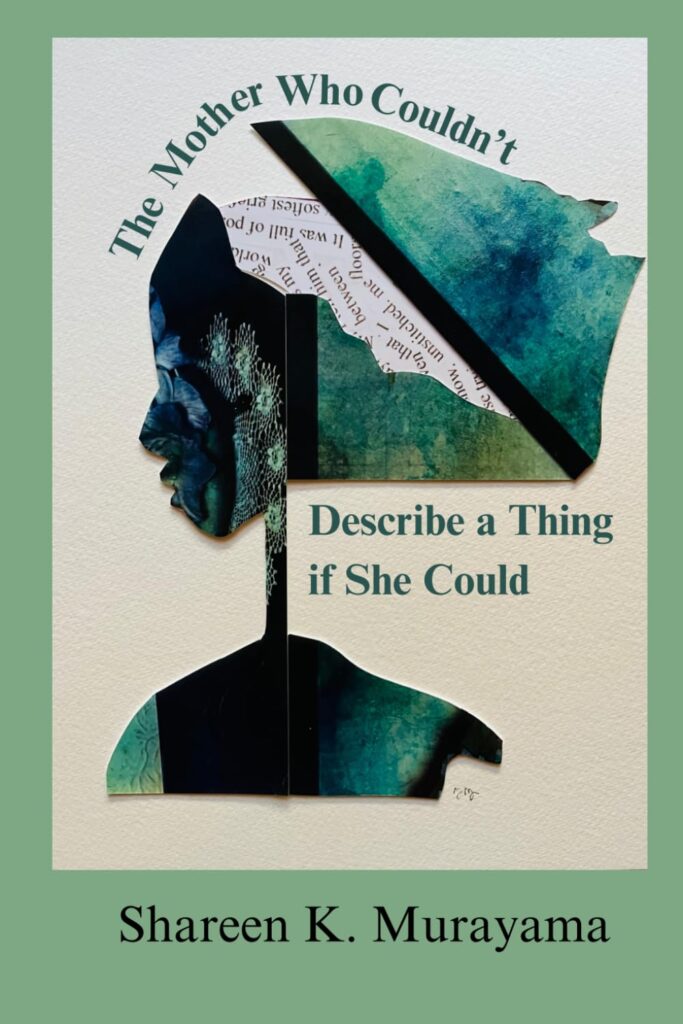
Shareen K. Murayama’s The Mother Who Couldn’t Describe a Thing if She Could explores difficult questions about life in gorgeous, poetic prose. Each piece is a snapshot into the forces that pull and push within families and relationships; the varied shades of hope, loss, and human connection; and the question we all grapple with: “did you live your life right?”. Murayama is a master at evoking emotional resonance within a few words. A powerful collection. —Dawn Miller, writer and nominated for Pushcart Prize, Best Small Fictions, and Best Microfictions
Belle Point Press
Together Now, Alfonso Zapata
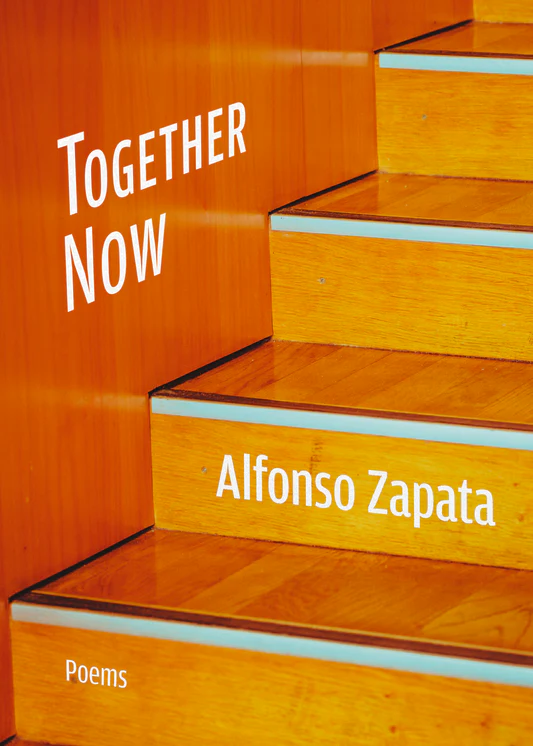
Together Now hovers in the space between community and our own internal worlds. Alfonso Zapata navigates the complexities of cultural identity among a family who has formed his sense of belonging against illness, grief, and wider social pressures. Throughout this chapbook, poems about music, home, and myth-making give shape to the places that remain filled with memories even after we lose the people that first defined them.
Orison Books
Blue Exodus, Hussain Ahmed
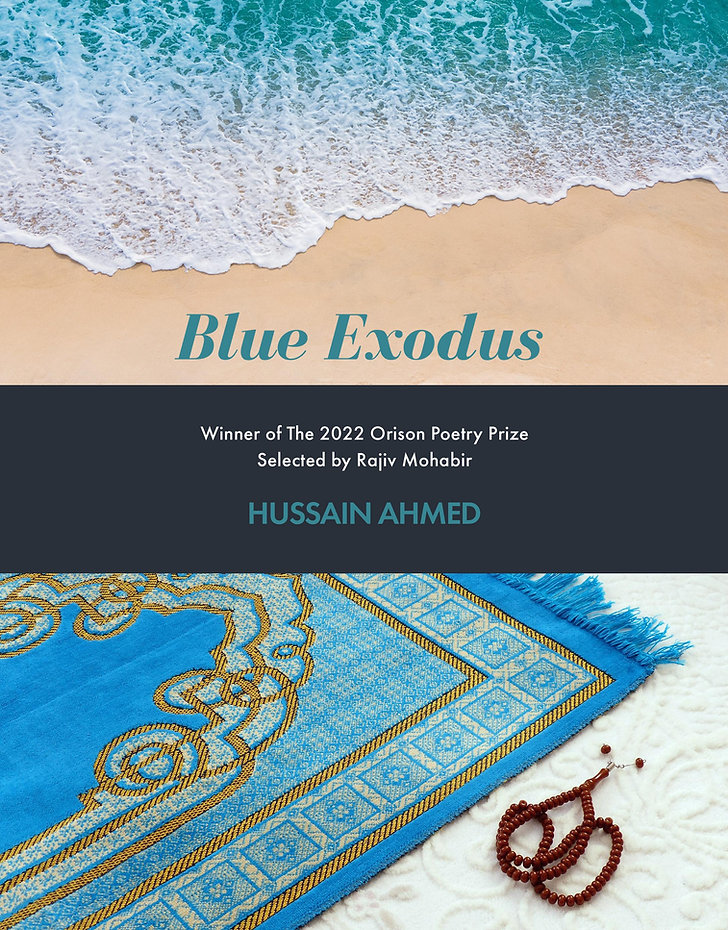
Blue Exodus charts a heart’s history of home, war, dispossession, and displacement, as well as the human solidarity and sacred rituals that remain despite the loss of so much else. Populated by moons and oceans and birds, as well as missiles and gun magazines, these lush poems carry profound grief but also adamantine hope.
Variant Lit
When the Forest Finds You, Lannie Stabile
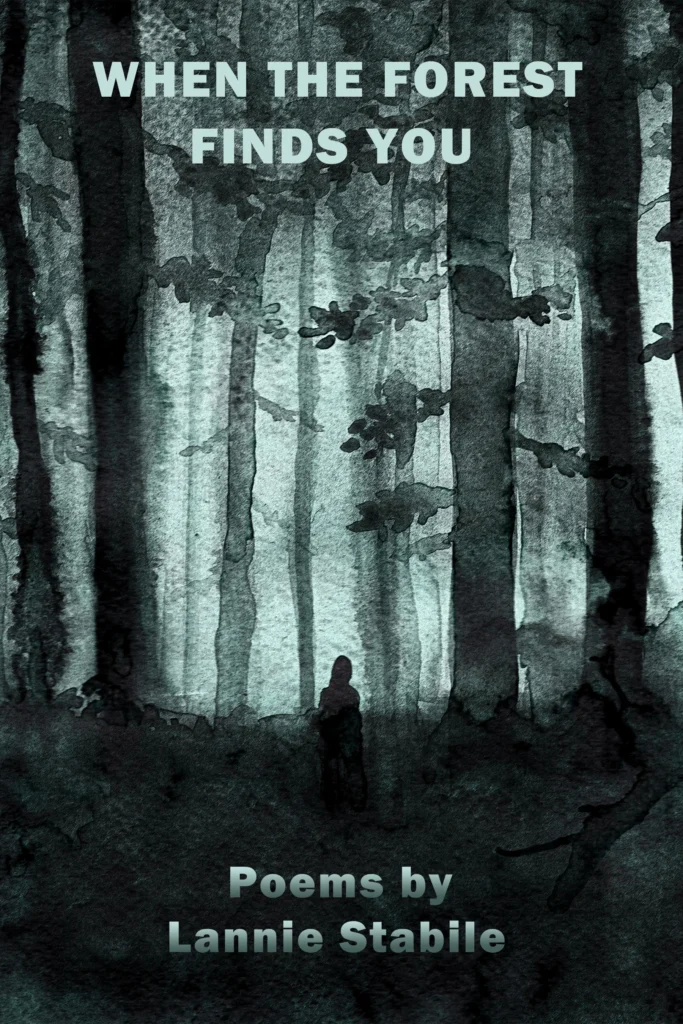
When the Forest Finds You is a collection of poetry that uses horror movie tropes to maintain a conversation about the scourge of sexual violence.
Querencia Press
The Patron, Antonia Rachel Ward
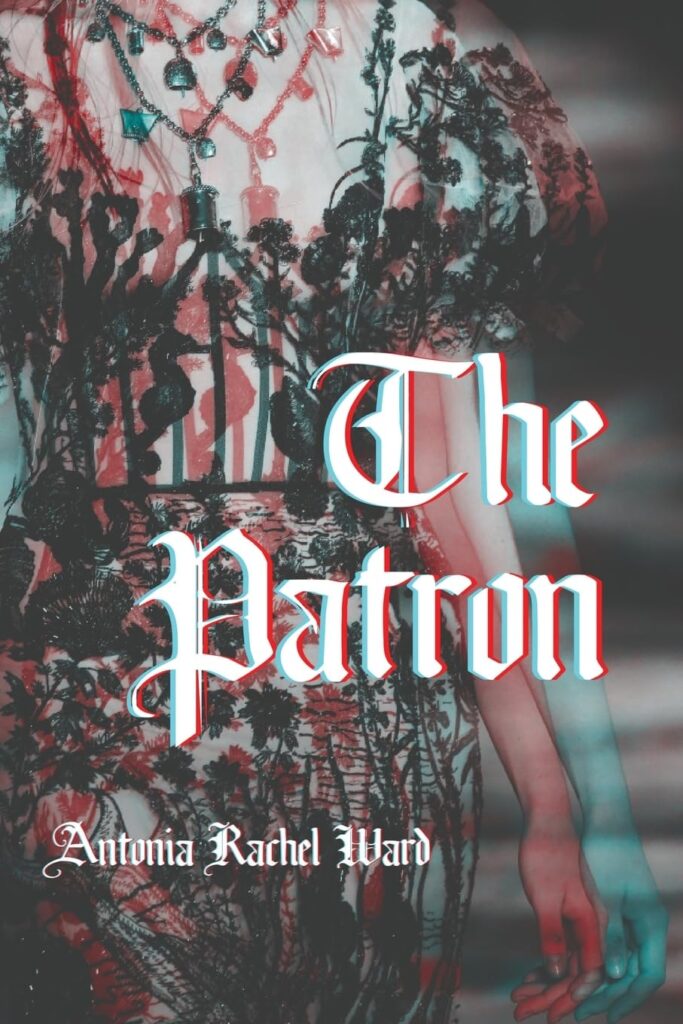
“The Patron captivates with a lush story told through dreamy verses. Dark and sensual, readers are submerged into the depths of powerful images and even more powerful emotions. Fevered thoughts and gorgeous shadows dance throughout these expressive lines, culminating in a memorable siren song.” —Sara Tantlinger, Bram Stoker Award-winning author of The Devil’s Dreamland
Of Elderberry, Fire, & Fables, Bridgette Valentine
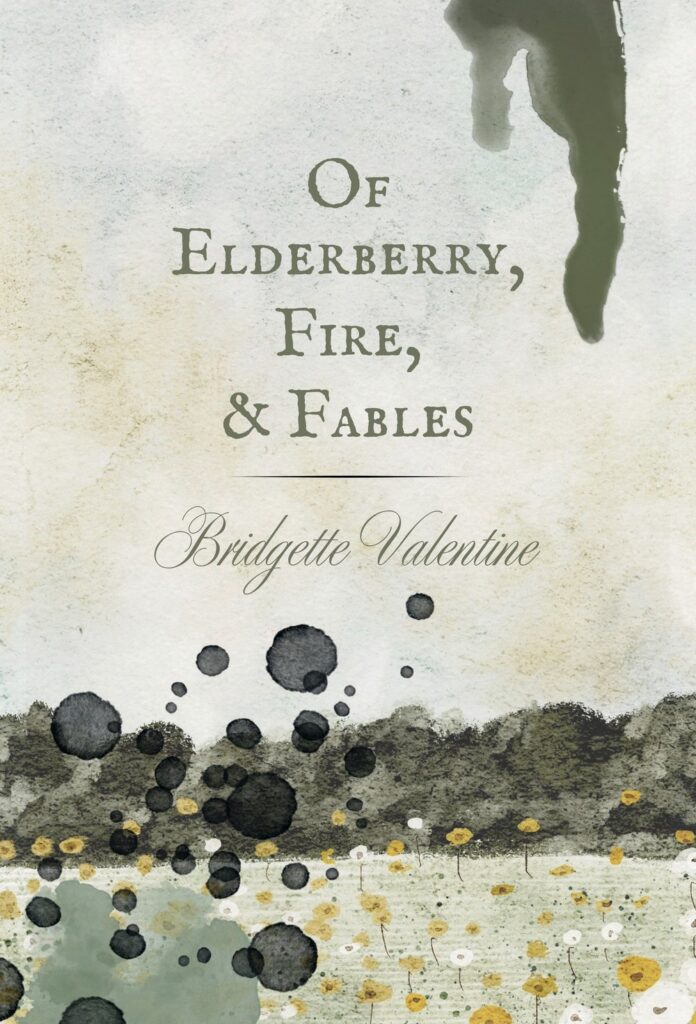
“Bridgette Valentine meets readers in all of their muck and glory immediately upon diving into Of Elderberry, Fire, & Fables. This book of poems starts in the context of healing and goes on to explore the complexities, joy, and grief of aging, power dynamics, love, and more. Valentine’s imagery is piercing. The creaking and bending of bones growing from girlhood to womanhood pulsate through the pages. Readers will feel as if they are taking a bite of fresh fruit, only to mourn the rot that sticks in back molars. Valentine contemplates the effects of time through emotive remarks on memory, what humans carry, and marks we leave behind. Her magical language tells of the lives one body can remember, hold, and become. When finished, readers will feel their hearts and remember they are still beating.” —Kelli Lage, author of Early Cuts
The Poetry Box
Rescue Dogs, Fred Zirm
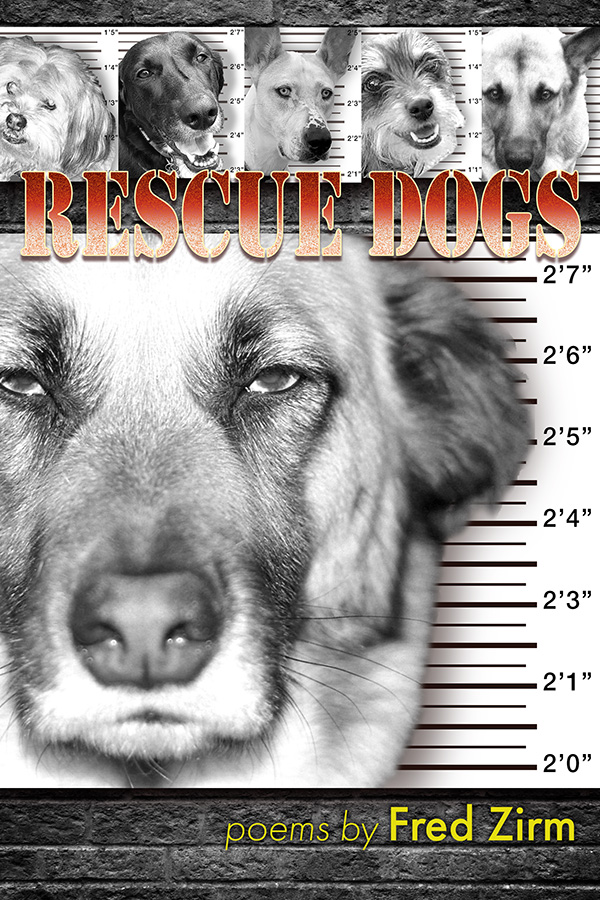
Fred Zirm has known and adopted many Rescue Dogs throughout his life. These canine companions taught him both serious and humorous lessons about life, love, friendship, aging, death, and resilience. Between the laughter and the tears, these delightful and heartwarming poems featuring Carabelle, Dory, Larry, Woofer, Trey, and Snuffles, will have you ponder: Who rescued whom?
Depression of the Zillenium, Elle Verde
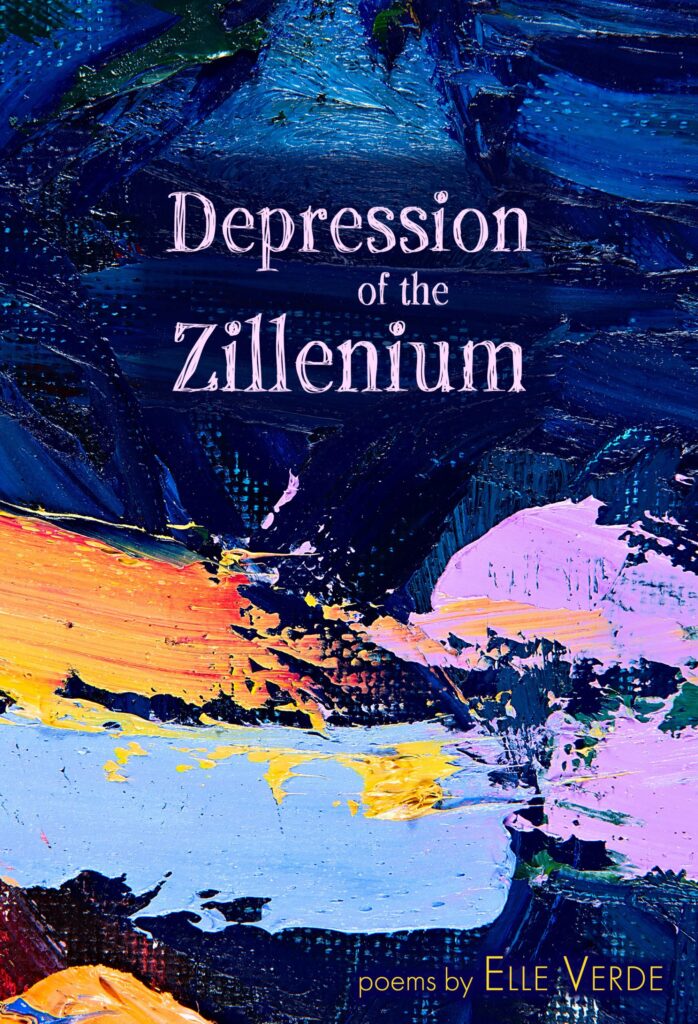
Elle Verde shares her experiences from 2019 to 2022 in her new poetry collection, Depression of the Zillenium. Each section of the book explores a unique year of circumstance and challenges: dealing with her depression, having a job deemed as an “essential worker,” coping with death in her family, violence in the news, questioning her faith, and, of course, living through and beyond the COVID pandemic. And while there are glimmers of hope, amid her people-watching and doom-scrolling, Elle tries to beautify the world around her with her words.
Lighting Up the Duff, Sheila Sondik
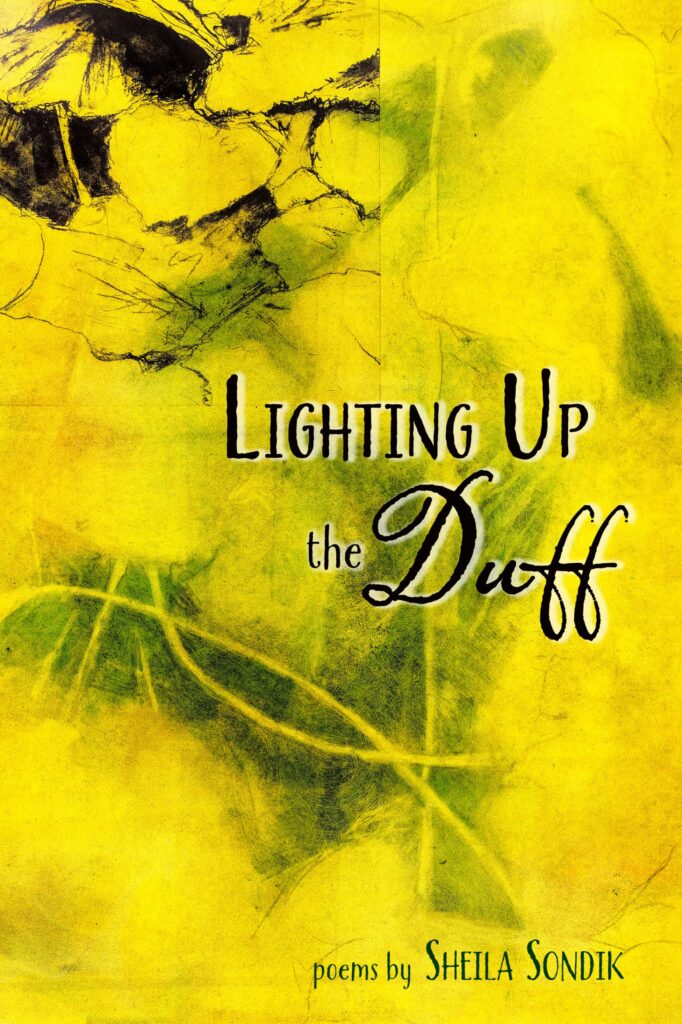
The Golden Shovel, a poetic form invented by Terrence Hayes, has a direct connection to the poet’s subconscious. The speaker of these poems has a lifelong quarrel with society’s inequalities but finds solace and renewal by spending time in gardens and on Pacific Northwest forest trails. She admires insects, birds, and plants, and is particularly fond of lichens, fungi, and mosses. Duff, the decaying detritus on the forest floor, delivers nutrients to the trees and nurtures an array of colorful mushrooms and other fungi. Sheila Sondik sees this metaphorically as the work of memory and creativity. She revisits her own along with her daughters’ childhoods as she walks. The quoted lines of poetry embedded in the right margin of each poem are quotes from the poets Sheila read and reread throughout her 20s. In Lighting Up the Duff, she revisits them from the vantage point of her 70s. This book is, in large part, an homage to those poets who helped launch her on this path.
Bottlecap Press
In Bloom, Nicole Langley
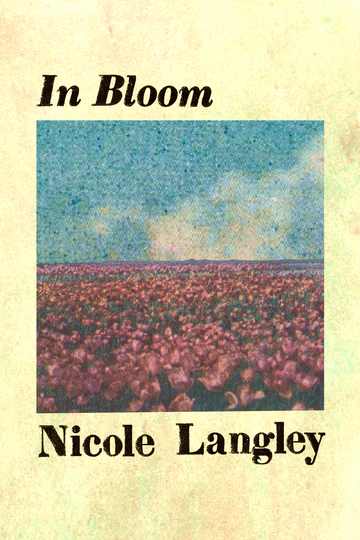
In Bloom, Nicole Langley’s debut chapbook, is an expression of nature, femininity, romance, and growing into one’s self. It’s minimal, simple. It’s not loud, it’s quiet, like a slow creeping vine. It’s an exploration into thoughts that could be considered too womanly, too romantic, too soft, in a world that constantly tries to harden the sensitive.
Despite the short, impactful style of the poems, vivid imagery and diction detailing scenes of nature leave the reader with complex feelings and thoughts of introspection. To appreciate pauses in time to observe the small things in life that make it worth living – to ponder the way a blade of grass dances, the melody of birdsong, or how sunlight hits the skin.
In Bloom is also a commentary on personal and self growth, beginning with nothing but a barren hole in the ground, only to be planted with a seed of love, and watching it grow. To accept that there may be some crooked and torn leaves, some wilted petals, but being accepting and proud of the blossoming flower that blooms despite it all.
Naming the Sun, Weston Barker
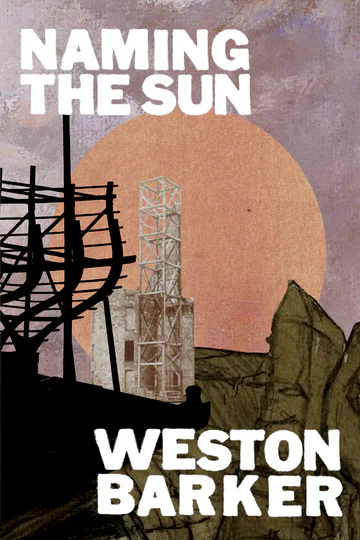
Weston Barker’s debut chapbook Naming the Sun has bits of nothing mixed in with everything else. Grappling with questions of disillusionment and loss, the poems weave together a loose narrative of a speaker reaching for purpose and love, falling short, and reaching again.
In a range of styles, the collection uses sparring images and ideas, with many of the poems offering an interplay between external reality and internal experience. Descriptions of natural scenes serve as a backdrop for reflections on the sublime, change, and personal conflict. What’s more, nature is often described in relation to futility, with a speaker seeking out its beauty and failing to find it.
In his own words, Barker holds “there must be a tenderness somewhere. Inconstant, inconstant. There must be a tenderness somewhere.” Amidst a struggle for meaning, guided by a speaker who fails often, the poems portray hope as it is–always reaching, no matter the circumstance.
yolk, Lucy Murrey
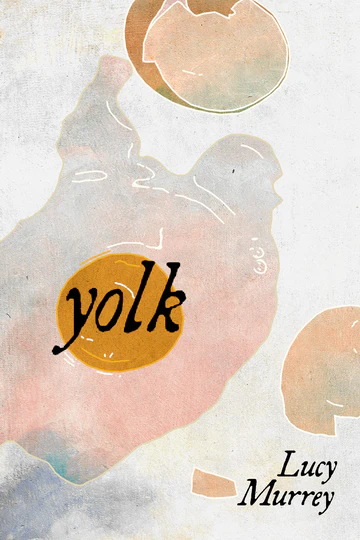
In her debut poetry chapbook, Lucy inspects identity in the ways she first learned it: collecting rocks, holding up the mirror, and frying okra; sitting in shadows, lying awake, and rising like hot air. In a coming-of-age collection spanning a developmental decade, the poet beckons and imposes, asks and answers, and invites you, too, to wonder.
Little motors: some love letters, Justin Lacour
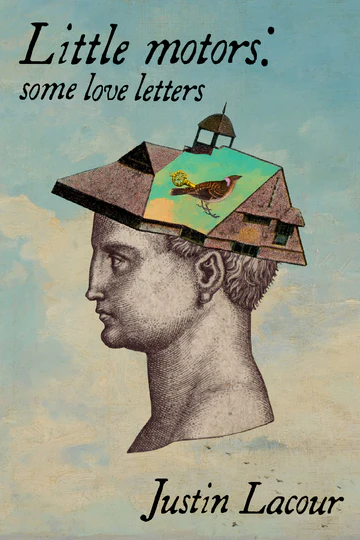
In Little motors, Justin Lacour writes love letters that incorporate art, mythology, politics, B movies, and Keanu Reeves. Little motors seeks romance and intimacy amid the familiarity and mysterious power dynamics of marriage. In Lacour’s poem, “Marriage is this animal with two heads,/one body,” something awkward but also magical. As the poem progresses, the couple tells each other stories, myths, and fairy tales, gradually transforming their marriage into an epic of their own.
The love letters of Little motors are comic, tender, and vulnerable, comfortable with classical literature, but also with Abraham Lincoln Vampire Hunter. Little motors plays with the conventions of the romantic poem while, at the same time, never giving up on finding that place in marriage where “there’s no darkness between us.”
White Trash Warlock, Sav Gripshover
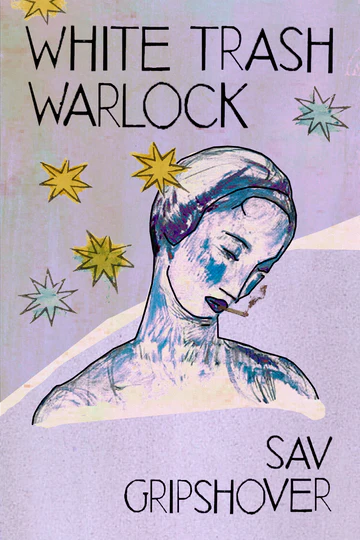
White Trash Warlock is an ode to Kentucky in a million shapes and forms: love letter, suicide note, breakup text, lullaby. The collection is a bittersweet and absurd dissection of adolescence as a genderweird artist stumbling through life on a farm. The chapbook retraces life from the present moment – existence as a masochistic-yet-optimistic individual working in the city – all the way back to childhood, where horses and dogs and smoke rule the earth. At the very beginning of the world and the end of the collection, poems about humanity itself rise to replace the Appalachian-sized ache.
This debut chapbook strives to fuse southern gothic with modern maximalism. Poems about the cosmic horror of horse existence and decapitated gummy bears exist in strange harmony against a backdrop of mixed influence: the film Gummo, the discography of Nicole Dollanganger, and the dark underbelly of the 2010s web. Odd, angsty, and alien, White Trash Warlock is a compilation of memories both colorful and foul.
Flicker Noise, Henrietta Goodman, Ryan Scariano
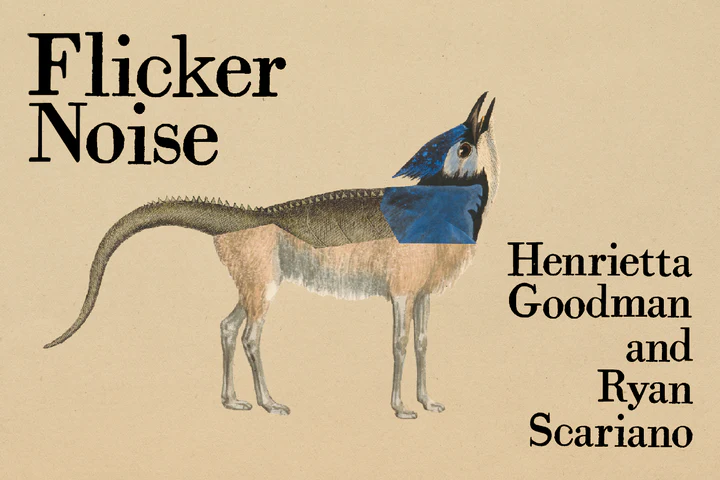
Flicker Noise is a collaboration between poets Henrietta Goodman and Ryan Scariano, consisting of dual-alphabets of acrostic poems that explore intersections of the human and non-human animal worlds. Poems from this project have appeared in Clade Song, DASH Literary Journal, The Fourth River, Fugue, Terrain.org, Western Humanities Review, and other places.
These poems feature an assortment of animals, from banana slug to blue jay, earwig to emperor penguin, llama to lobster, unicorn to urchin. Some, like chickens and frogs, will be familiar; others, like the quagga and the zorilla, may introduce readers to animals which are much more unusual. This project, featuring two animal-poems for each letter of the alphabet (one by Ryan and one by Henrietta), will inspire readers to explore and appreciate their own connections to the animals (and human animals) in their lives.
I drink the moon, Aspen Duscha
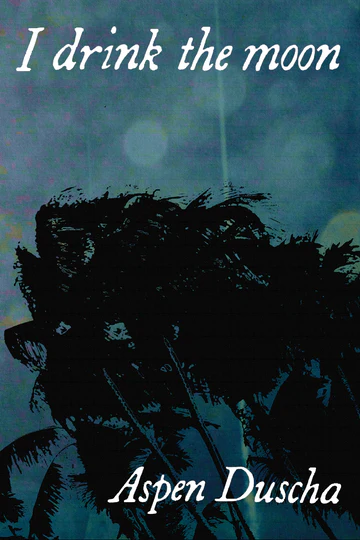
drink the moon is a collection of poetry that uses detailed but concise sensory description. The detailed, concise sensory description not only paints a picture for the reader but directly puts them into the moment. Seven years of different experiences are all gathered in a single collection. Despite consisting of seven years worth of experiences, I drink the moon is a small, easy to digest collection.
Poems in I drink the moon deal with a wide range of subjects despite the overarching connection throughout the collection being my travels throughout the United States. “Pride” is a recollection of my first time seeing a city full of pride flags in a time when they were less common. “ Under the silhouette of rain” recounts a memory of chickens chasing after their quarry. “Apparitions” is about an unexpected encounter in a place being swallowed by the city.
a reader’s miscellany, s. m. foran
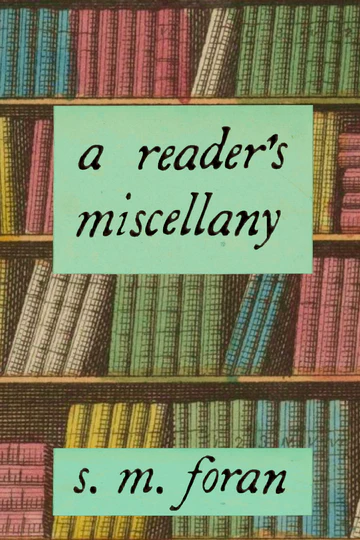
The poems in a reader’s miscellany reflect an insatiable love of reading and represent a handful of the poet’s favorite books and authors. Some of the works referenced in this collection include Lewis Carroll’s Alice’s Adventures in Wonderland, Flannery O’Connor’s Wise Blood, and Hermann Hesse’s Steppenwolf.
In an age governed by urgency, restlessness, and distraction, it is more important than ever to take the time to slow down and read books. Give yourself the opportunity to see the world through the eyes of another, to explore the questions of existence and self, to enjoy the craft needed to create a clever turn of phrase. The poems in this collection serve as a reminder of the wonder and delight that awaits anyone who takes on the habit of reader.
This Oil-Puddle World, TC Pescatore
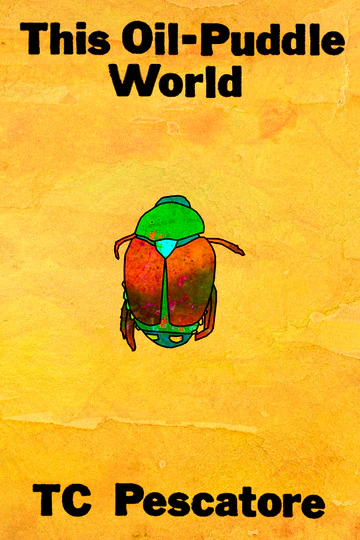
Liminal spaces. Faded memories. Landscapes of power. Fragmented dreams. This collection of poems seeks to revisit old childhood spaces, whether they be real or imagined. An effort to reclaim the pieces that separate, float away and refuse to decay only to become mythological in our own minds, ever present, personal and resonant forever.
These poems attempt to reexamine the memories that cannot, but must be, trusted; reality intertwined with dream. Returning to the places and people lost to the crushing flow of time and growing up we can conjure an image, a nightmare, a myth, a fleeting thought or word grown gravid in space between past and present.
This is Not a Drill, Jenny Morelli
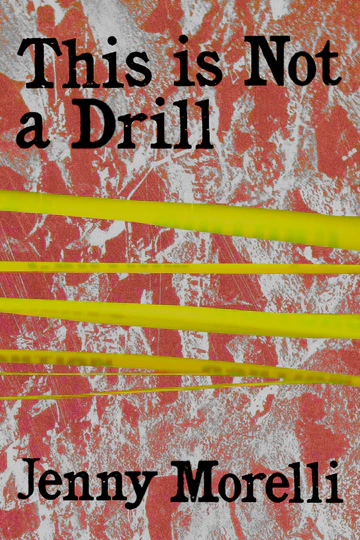
This Is Not A Drill is a collection of poems that shed light on the nuances of what it means to be a teacher, along with the doubts and struggles we experience, the things no one likes to talk about, including suicide, saving someone with two words, school shootings, and sometimes being a school mom for those without.
The poems in this collection range from narrative to lyrical to all-out explosive with themes that include identity, doubt, depression, suicide ideation, and hours-long lockdowns that begin with ‘This is not a drill’ and end with ‘Nothing was found.’
The Hum of Geometry; the Music of Spheres, Alex Stolis
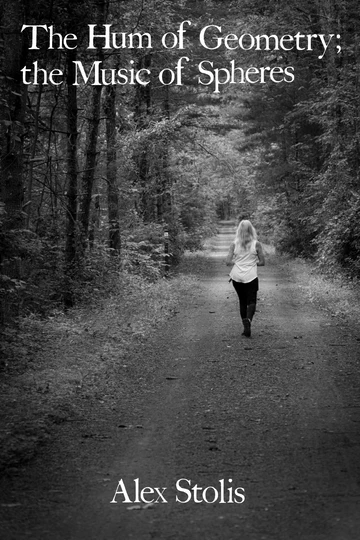
Math, Geometry, Physics, The Sciences are threads that run through our lives and though we cannot comprehend it all, we humans still like to sum things up in neat clean packages. Simple Problems. Simple Answers. We start young; If you eat 2 ice creams, your best friend Billie eats 3 ice creams; how many ice creams total did you eat?
We stumble into and out of relationships, wonder why they didn’t work, or why they did, plunge headlong forward, and just when we think we have the answer, the universe shows us otherwise.
Alex Stolis’ collection of poems, word problems, and answer keys, is an attempt to capture the hum and music that are embedded in our relationships, even if we never discover the real problem or answer.
THE ONCE FAMILIAR WAVES, Andrew Buckner
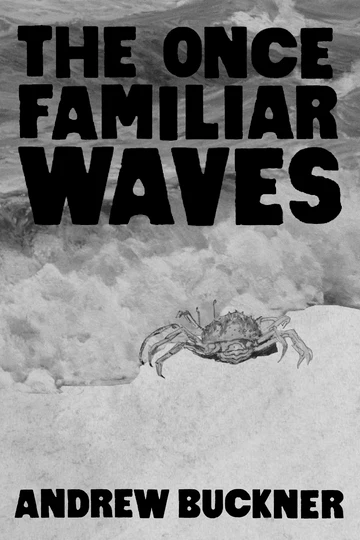
THE ONCE FAMILIAR WAVES by multi award-winning poet, filmmaker, and screenwriter ANDREW BUCKNER is an introspective and relatable collection of eighteen verse and prose works. All of which are bound by a frequent emphasis on storytelling and summer imagery.
Concise, inventive, deeply symbolic, and thought provoking, readers will be swept away by THE ONCE FAMILIAR WAVES.
Apsis, Francis Walsh
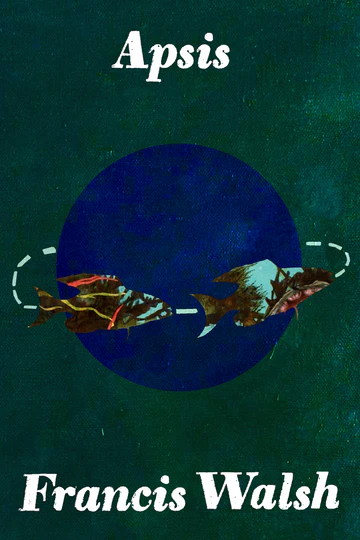
The title poem in this chapbook, Apsis, refers to “either of two points on the orbit of a planet or satellite that are nearest to or furthest from the body around which it moves,” and the poems embody this cycling of near and far, of solitude and yearning.
Direct and conversational, the poems take a playful approach to discussing issues of mental health, loneliness, and being attracted to a living world that is at once hostile and inviting. The poems reference horror movies and cartoons and attempt to present a voice of ironic detachment, at once sincere and dismissive, as a way to invite the reader to question the conclusions drawn by the speaker.
Briefly, Gently: Record of an Unreadied Boat, Tori Rego
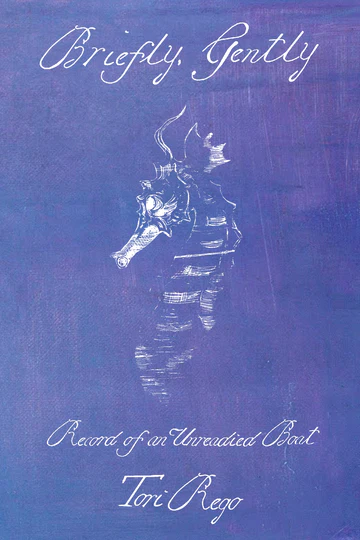
Briefly, Gently is the debut poetry collection of prose writer turned poet, Tori Rego. Following in the tradition of writers such as Louise Glück and Anne Carson, her poetry combines autobiographical writing with mythic storytelling. Like Anais Nin, her words seek to elevate the erotic life to profound intellectual pursuit, while retaining all the intensity and immediacy of lived experience.
Cross-Country, Mark Gibbons
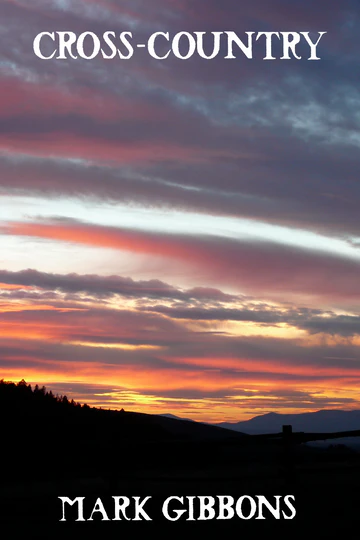
Cross-Country is a long poem written after a four day journey in a U-Haul from coast to coast. Like all travel poems it is an account of that experience in the ways that poets wander and record time. Mark Gibbons made the trip in 2018. A native Montanan, he spent twenty years as a professional mover driving the western states but had never ventured farther east than Nebraska. Cross-Country was written after he flew to Boston, drove a U-Haul down to New York and then headed west, his destination, Seattle.
Even, K. Ann MacNeil
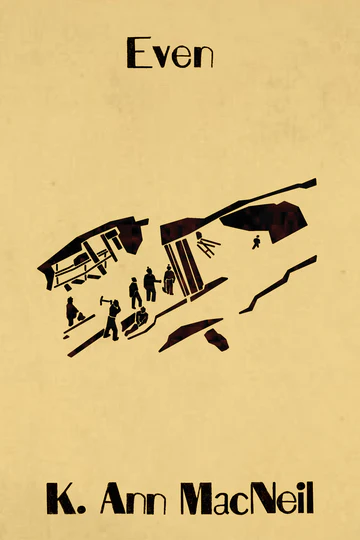
Even is a series of nine short poems. The collection is a meditation on possibilities and limitations of what it means to archive via a queer catalog of imagined exes, ex-exes, and ex-ex-exes. The vignettes, individually, and as a collection, seek to map and to engage constructions of whiteness, queerness, femme-ness, and working class identities, categories that (often, still) remain unmarked, misread, and/or covered up, particularly when considered together. The vignettes center a set of (white, working poor) queer femme sensibilities, economies, and histories.
Transition, Alicia Sainz Arballo
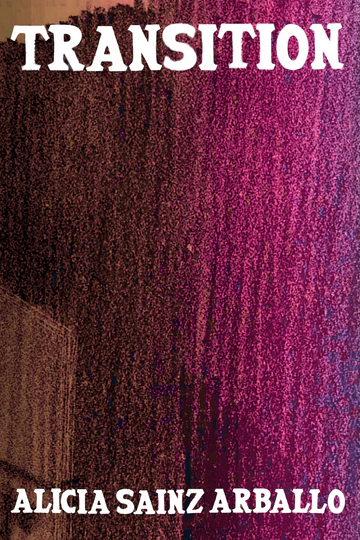
At the age of 62, nearly 25 years after first coming out, and nearly 52 years after knowing she was different, Alicia Sainz Arballo medically transitioned from male to female. She has been writing poetry for years but her newfound joy and challenges as a transitioning woman later in life gave her impetus to chronicle her journey. She had much history to draw from, remembering her first awareness of transness at age 11, watching a commercial for the movie of Christine Jorgensen, to her first haircut, to coming out to family members, and struggling with passing as a woman after living as a male for such a long time. She found her experiences unique and her story worth telling.
The Beginning of the Account of the Reading Fox in the Night, Jeanie Tomasko
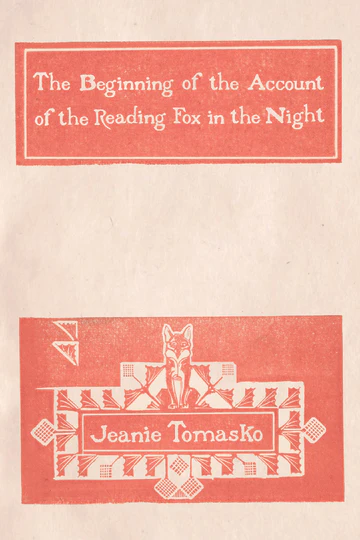
The probability of a fox reading in the night is zero, the fox said, but that is different than possibility. The possibility of The Beginning of the Account of the Reading Fox in the Night taking you to a place you’ve only imagined is very likely. Interspersed with philosophy, this unique train of thought is a journey worth embarking on. Simple as a glass of water in the middle of the night, inviting as a dear friend reading a story.
A poetic prose fairy tale meditation on time and trains and magical friendships, these are questions you’ve probably not often considered: Why not climb onto the lap of a soft reading fox? Why not take a train that is whizzing through the night? Why not consider a whole new way of seeing?
Cold rain in Pittsburgh, Danielle McMahon
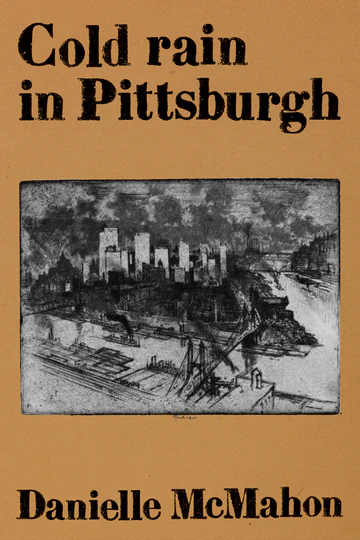
Pittsburgh is a unique city—an in-between space bridging the Northeast and Midwest of the United States. It is at once a small town and big city. For many onto larger things, Pittsburgh is a blip on the map, a through-town, and yet to those who stay, those whose people have always stayed, their stories are woven into its streets like marrow.
Cold rain in Pittsburgh is a collection of poems exploring the deep connection between one’s home and one’s self. Rooted in themes of identity and family, these poems chart the author’s experience of transience, belonging, and loss. A hometown becomes a testimony, a haven, a snare, and beacon. The story of the self is threaded through this unique regional lens.
A Walk in the Garden, Andrew Alexander Mobbs
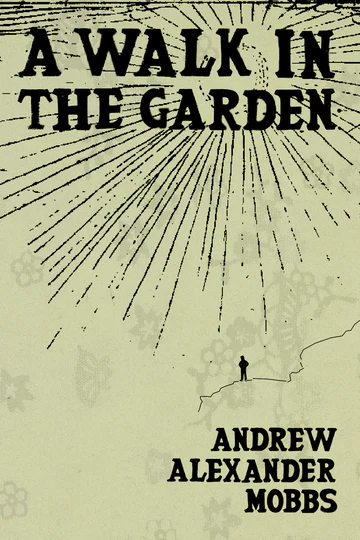
In A Walk in the Garden, Andrew Alexander Mobbs reverentially spotlights an array of flowers and plants—many of which are overlooked and undervalued—thriving within the Willamette Valley in Western Oregon. Over time, he began to pay closer attention to these plants as he encountered them on his walks throughout the hills, forests, and gritty curbsides around Corvallis. Soon after, this series of sonically lyrical, linguistically nimble, image-laden poems moonlighting as micronarratives was born.
Out of necessity, several of these poems also foment a palpable sense of unease and exigency given our steadily warming planet amid human-caused climate change. These days, we don’t have much time to stop and smell the roses as they curl in the torrid heat, but we can at least appreciate them, bask in their depths, and try to remember our connection to them. A Walk in the Garden aims to do this while acknowledging that no matter what, in the end, nature will prevail.
Wrath of a Thousand Words, Riley A. Ambers Reynolds
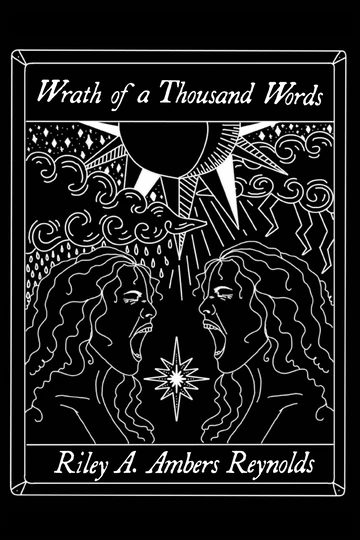
They say that a picture is worth a thousand words but what happens when you take those photos and try to form the words? Armed with an album of fifteen photos, twenty pieces emerge.
Wrath of a Thousand Words is a collection that allows itself to see the happiness but feel the rage. A work that calls for both rose colored glasses and seeing red. Read on through experiences one hopes to be unique but is relieved to know that they are not alone in. Wrath of a Thousand Words emerges in a flash, takes its time to develop and is meant to leave an impression—just like a polaroid.
Page: 1 | 2
Don’t see a poetry chapbook published between 7/1 and 7/31 here? Contact us to let us know!

Contents
Check out new poetry books published the week of 7/2 from Black Lawrence Press, LSU Press, Persea, Omnidawn, Bloodaxe Books and Central Avenue Publishing.
Check out new poetry chapbooks for June 2024 from Driftwood Press, Sheila-Na-Gig Inc., Diode Editions, Querencia Press, The Poetry Box, Finishing Line Press, Bottlecap Press and an Editor’s Pick from Tupelo Press.
Check out new poetry books published the week of 7/9 from Finishing Line Press, New Directions, Phoneme Media, University of Calgary Press and Curbstone Books.
July ‘24: A Fledgling Journal No More
We’ve completed our first volume, there’s a new featured chapbook poem, and we’re starting to look for a Poetry Editor to expand what we publish. Check out the editor’s note for July 2024.
Chapbook Poem: Whenua by Nicola Andrews
Read the featured Chapbook Poem of the Month for July 2024, “Whenua” from Māori Maid Difficult by Nicola Andrews, along with a few words from the poet.
Check out new poetry books published the week of 7/16 from Finishing Line Press, Soft Skull, Penguin Books, Regal House Publishing and University Of Minnesota Press.
Check out new poetry books published the week of 7/23 from Host Publications, W. W. Norton & Company, Carcanet Press Ltd., LSU Press, Finishing Line Press, The Song Cave and Wake Forest University Press.
Check out new poetry books published the week of 7/30 from Delete Press, Quale Press, Duke University Press, Seagull Books, Sarabande Books, Michigan State University Press and Alternating Current Press.
Southern Literary Tradition: On ‘Snake Lore’ by Jane Morton
In this essay, C.M. Crockford reviews “Snake Lore” by poet Jane Morton, a chapbook published by Black Lawrence Press in February 2024.
Check out new poetry books published the week of 8/6 from NYRB Poets, Belle Point Press, Finishing Line Press, Black Lawrence Press, Wayne State University Press, Milkweed Editions, Penguin Books, Bloodaxe Books, Farrar, Straus and Giroux, Alice James Books, Mercer University Press and two Editor’s Picks from Coffee House Press and Wesleyan University Press.
Chapbook Poem: It’s okay to say the hurricane has an eye by Amanda Rabaduex
Read the featured Chapbook Poem of the Month for August 2024, “It’s okay to say the hurricane has an eye” from Resin in the Milky Way by Amanda Rabadeux, along with a few words from the poet.
Check out new poetry chapbooks for July 2024 from Seven Kitchens Press, Small Harbor Publishing, Belle Point Press, Orison Books, Variant Lit, Querencia Press, The Poetry Box, Bottlecap Press and Finishing Line Press.
Check out new poetry books coming the week of 8/13 from Querencia Press, Alice James Books, Finishing Line Press, University of New Mexico Press, Harbour Publishing, Knopf, Amistad, TriQuarterly and Red Hen Press.
Check out new poetry books coming the week of 8/20 from Querencia Press, Finishing Line Press, McClelland & Stewart, Zephyr Press, Tin House Books, W. W. Norton & Company, Red Hen Press, Graywolf Press, Wesleyan University Press and an Editor’s Pick from Copper Canyon Press.
Check out new poetry books for the week of 8/27 from Carcanet Press Ltd., Beltway Editions, Finishing Line Press,, LSU Press, Milkweed Editions, Tupelo Press, Guernica Editions, University of Nebraska Press and Texas Review Press.
Resistance and Resignation in Will Russo’s Glass Manifesto
“Glass Manifesto is a meditative collection of poems that call to resist the powers that move the world at times, or resign and offer oneself up to them at others.” Review by PCR contributor, Drishya.
Meet our contributor, Drishya, a writer and artist based in Kolkata, India, publishing under a single name to protest India’s caste system. Read about his writing life and other work.
